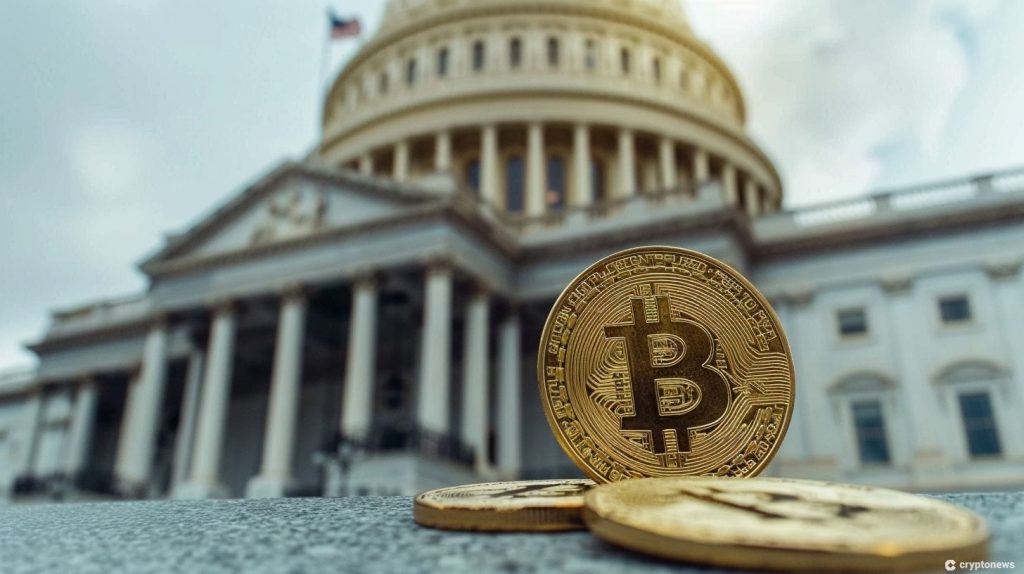Gary Gensler, the Chair of the United States Securities and Exchange Commission (SEC), has recently expressed criticism of the Financial Innovation and Technology for the 21st Century Act (FIT21) ahead of the expected vote in the House. He believes this bill would create new regulatory gaps and undermine decades of precedent regarding the oversight of investment contracts, putting investors and capital markets at risk. Gensler argues that FIT21 would go against established securities law by negating the Howey Test and allowing crypto operators to self-certify their products. He emphasizes the importance of protecting investors over facilitating business models of non-compliant firms in the crypto industry.
This criticism from Gensler comes at a time when there is a growing momentum for crypto regulation on Capitol Hill, indicating potential pushback from U.S. lawmakers over the SEC’s current regulatory approach to digital assets. The recent resolution passed by both chambers of Congress aimed at overturning the SEC’s controversial crypto accounting guidance further demonstrates this shift. Pro-crypto Senator Cynthia Lummis celebrated the resolution as a win for financial innovation and a clear message to the Biden administration and Gensler. Gensler’s tendency to litigate digital asset organizations for alleged violations of U.S. securities law has also contributed to tensions within the crypto space.
Ripple’s Chief Legal Officer, Stuart Alderoty, who is currently embroiled in a legal battle with the SEC over the sale of cryptocurrency XRP, took to Twitter to criticize Gensler’s leadership of the SEC. He accused Gensler of overplaying his hand and underestimating the resilience of the crypto industry. Alderoty believes that Gensler’s approach to regulation has made him a political liability and alienated key players in the crypto community. If FIT21 is advanced by U.S. lawmakers, it would represent a significant step towards establishing a regulatory framework for cryptocurrencies and a rebuke of Gensler’s handling of digital assets.
The ongoing debate surrounding FIT21 and crypto regulation reflects the broader challenges faced by regulators in adapting to the rapidly evolving digital asset landscape. Gensler’s concerns about investor protection and regulatory oversight highlight the need for a balanced approach to regulating cryptocurrencies to prevent fraud and ensure market integrity. The tension between innovation and regulation in the crypto industry underscores the importance of collaborative efforts between regulators, legislators, and industry stakeholders to address emerging issues effectively and promote responsible growth in the digital asset space.
As the House vote on FIT21 approaches, the outcome will likely have far-reaching implications for the future of crypto regulation in the United States. The decision to either support or reject the bill will shape the regulatory environment for digital assets and determine the extent of government oversight in the crypto industry. With stakeholders from both sides of the debate voicing their opinions, the debate over FIT21 and its potential impact on the crypto market underscores the complexity of regulating emerging technologies while balancing the need for innovation and investor protection. Ultimately, the outcome of this legislative process will set the tone for how the U.S. government approaches crypto regulation in the years to come.


